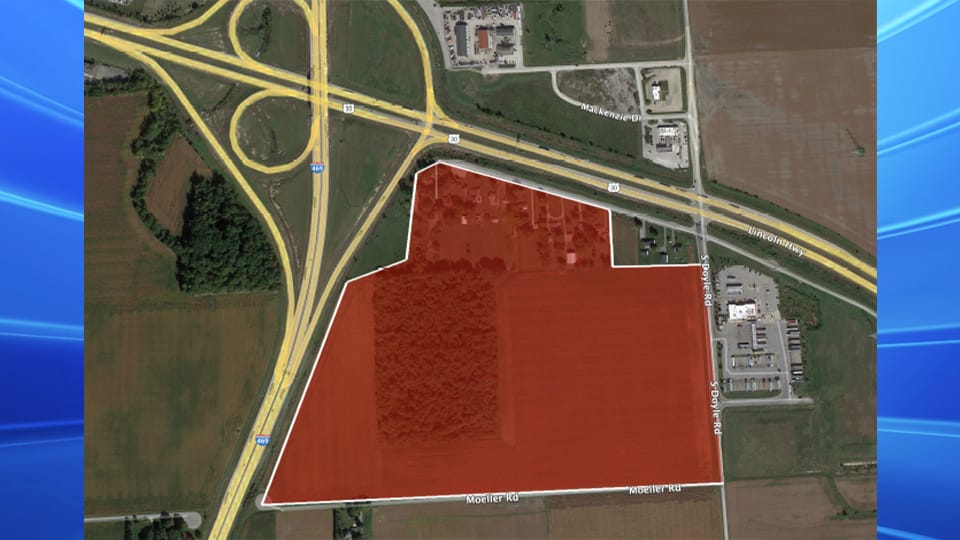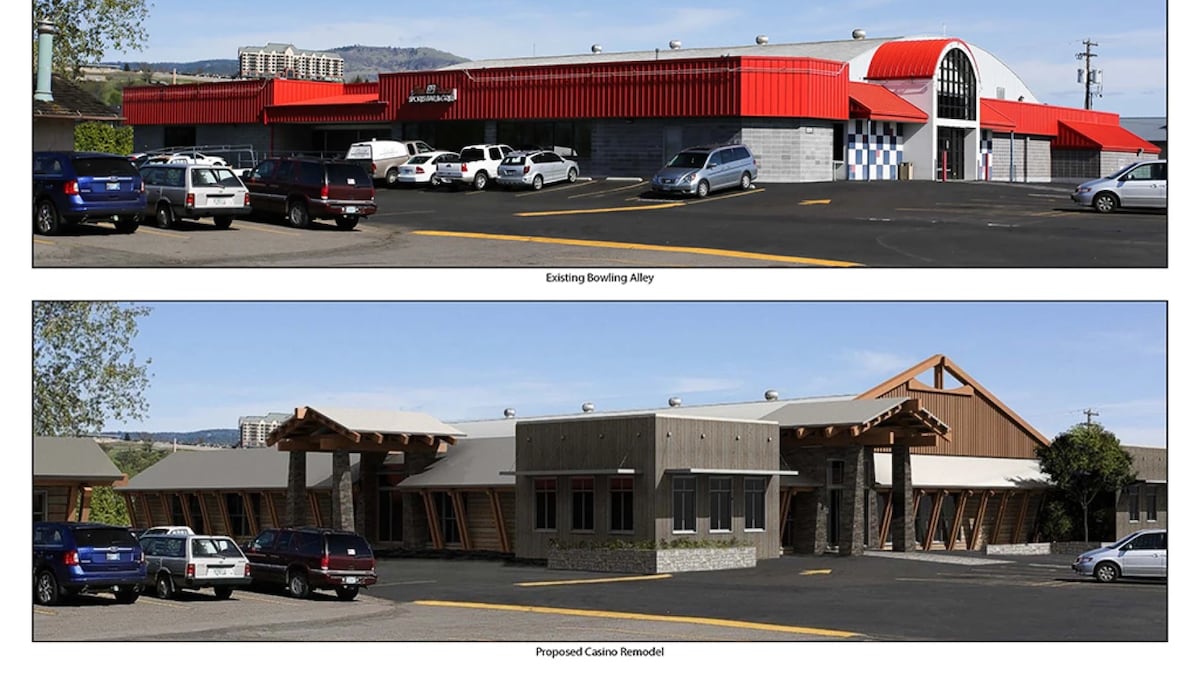Loading audio file, please wait.

A bill to move one of the state’s lowest-performing casinos to northeast Indiana has been formally introduced in the Indiana General Assembly.
Senate Bill 293—authored by Sen. Andy Zay, R-Huntington—would allow Full House Resorts to transfer its gaming license from Rising Sun to New Haven, where the Las Vegas-based company plans to build a $500 million casino and hotel.
The bill would also establish a commission that would oversee the use of any tax revenue generated from the casino.
Full House Resorts currently operates Rising Star Casino in Ohio County, and news of the company’s hopes to move its license to New Haven came in September. At that time, New Haven Community Development Director Zach Washler told Inside INdiana Business that the company and the city had been in talks for several months.
Rising Star took in about $3.6 million a month during the 2024 fiscal year, a number that is estimated to quadruple if the casino moved to New Haven.
Full House is looking to build the casino near the intersection of I-469 and State Road 24. The first phase of the project would see the construction of the main casino building with some dining options. A second phase would include the 200-room hotel and additional event space and amenities.
A study conducted by real estate services firm CBRE that was released in October found that Full House’s proposed casino would generate $266.6 million annually in revenue by the third year of operation. That’s in addition to a projected 2,400 jobs in the project’s first phase.
In a December interview with Inside INdiana Business, Zay said he believes the prospect of a casino represents a great opportunity and great investment for the region.
“We also want people to come see us and be a part of our growing community and quality of life investment up here,” Zay said. “We have it in great jobs and great diversity of jobs, as well as entertainment options, and I think this really does nothing more than that—create another entertainment option.”
Zay’s bill stipulates that the casino developer must invest at least $500 million, at least 50% of which must be invested in the project’s first phase. The remaining amount must be invested within five years of the start of gaming operations.
The bill would also establish what would be known as the Together for Tomorrow Commission, comprised of local leaders brought together “for the purpose of making collaborative decisions for the use of tax
revenue collected from a casino located in the city of New Haven.”
The members of the commission would include the mayors of New Haven and Fort Wayne, the president of the New Haven City Council, and one member of the Allen County Board of Commissioners.
The bill stipulates that at least 20% of the tax revenue that New Haven receives be used to provide property tax relief for local homeowners. At least 3% of taxes received during each quarter must go into the commission’s Together for Tomorrow Fund.
The fund can be used to provide financial support for public health; addiction services and recovery services and resources; to address homelessness or related services; public safety; or “any other purposes deemed appropriate by the commission.”
Additionally, the bill says the owner of the license must work with the city of Rising Sun and the Indiana Economic Development Corp. to redevelop the site of the current casino “in a manner that best serves the interests of the local community.”
Full House Senior Vice President and Chief Development Officer Alex Stolyar previously said the company plans to make payments to the city for at least 20 years.
“The goal here is not only to have them be on an equivalent financial standing as they are with our casino here, but to have them be better off,” Stolyar told IIB. “That’s what we’re working on.”
Senate Bill 293 has been referred to the Senate Public Policy Committee.
IIB’s Marek Mazurek contributed to this report.
Story Continues Below





